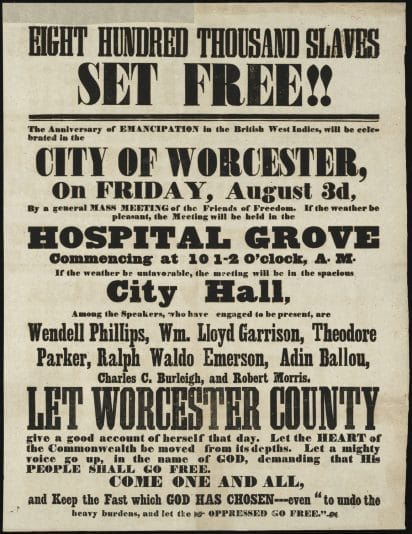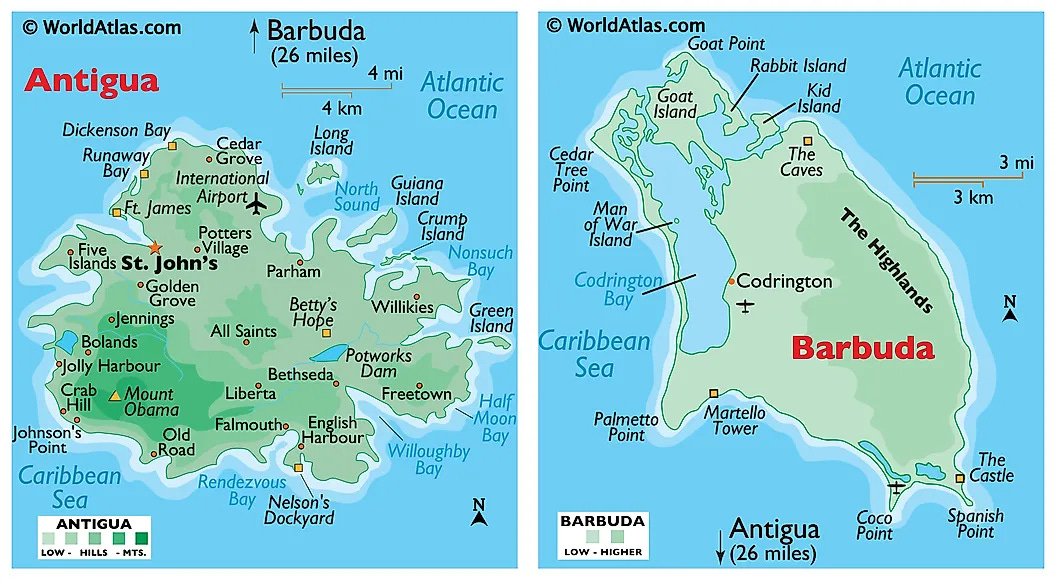#014 read around the world - antigua and barbuda
“For isn't it odd that the only language I have in which to speak of this crime is the language of the criminal who committed the crime?”
Book: A Small Place by Jamaica Kincaid
Context
This week’s tidbit is shorter than usual. The book I chose for Antigua and Barbuda is short and concise and leaves very little room for interpretation. Antigua’s history is also straightforward, following the often repeated trend of tiny, newly independent countries that get stuck in a perpetual loop of exploitation. First by the colonial powers, and then by their own people.
Antigua was one of the many West Indian islands Christopher Columbus accidentally stumbled upon, naming it Antigua in 1493. However, it was not the Spanish who eventually settled it, but the British, who killed the Arawak natives and imported slave labour from West Africa to run their plantations.
Barbuda, on the other hand, while technically also under British colonial rule, was entirely and privately owned by the Codrington family who used it as a tobacco and sugar plantation from 1674 until the British crown’s abolition of slavery in 1834. Shortly thereafter in 1860, Barbuda reverted to British rule and was soon administered in conjunction with Antigua (only 26 miles away).
A lot can be surmised about a country by seeing how many prime ministers or presidents they’ve had in the years following their independence. When it’s three in 70 years, you can usually assume the country is being run like a family business. Antigua and Barbuda have had four since 1981, two of them being literal father and son. Lester and Vere Bird each formally ruled over the newly independent nation from ‘81 until ‘04, but in truth the Bird family had informally been at the helm of Antiguan politics since 1960. Antigua, it would seem, has always been run like a business — usually at the detriment of its people.
This is the context that informs Jamaica Kincaid’s bitterly nuanced criticism of her homeland in A Small Place.
About the Book
In the book, Jamaica Kincaid minces no words about the effects of corruption and colonialism on the small West Indian island of Antigua. The book begins by telling us what we would see if we arrived as tourists, the curated image of an idyllic island meant to bring you peace and relaxation. Kincaid then takes us on a journey of the real Antigua, an Antigua a tourist would not see, or would choose not to see, in order to preserve their idea of a utopian getaway. She instead delves into the poverty that is often overlooked, or worse, frequently romanticized: Oh, how nice it would be to live this simply! Look, they have nothing and yet they are so happy!
In the book, Kincaid is as critical of the colonial past as she is of the corrupt present. She notes how you can always tell what bribe the Minister of Transportation had taken by which car company began to be sold (exclusively) on the island. She talks about how government officials will bleed the country dry and keep their wealth in a Swiss bank, using it to buy a luxurious life abroad. They are complicit in enabling foreign exploitation of the island, as long as they get a piece of the pie. Pieces that the Antiguan people rarely see.
Kincaid’s palpable frustration in A Small Place is more than justified, and her ability to connect the injustices of the past to the grievances of the present without letting her countrymen off the hook is an important recognition that allows for a more pragmatic approach to maybe fixing some of the issues she describes. While that doesn’t happen in this book, I’m excited to pick up another of her books, specifically Annie John, to get a dose of Antigua beyond the unfavourable.
Beyond the Book
When considering what aspects of Antigua and Barbuda to highlight in this section, I decided to forego the more salacious elements that would certainly make for an entertaining section. If you want to read about smuggling Israeli arms to Colombian drug traffickers and Ponzi schemes, I won’t stop you, but Antigua is much more than that — Antiguans are more than that.
Like many of its neighbours, Antigua saw many relatively well organized enslaved rebellions before the slave emancipation act of 18341. While most rebellions were violently put down, some led to the formation of maroons, small communities that settled in the dense forests of Boggy Peak (now called Mount Obama2). The spirit of resistance ran deep in the plantations of the island, and Antigua was the only colony in the West Indies that actually freed their enslaved population at the earliest legal opportunity. Most other colonies waited until 1838 — almost four years later — once the masters had been compensated for their property loss.3 Yes, the masters — not the formerly enslaved.4

As Antiguan writer Desmond Nicholson said: “When the clock began to strike midnight, the people of Antigua were slaves…when it ceased, they were all freemen! There had never been in the history of the world so great and instantaneous a change in the condition of so large a body of people. Freedom was like passing suddenly out of a dungeon into the light of the sun.”5
Quotes:
“But some natives--most natives in the world--cannot go anywhere. They are too poor. They are too poor to go anywhere. They are too poor to escape the reality of their lives; and they are too poor to live properly in the place where they live, which is the very place you, the tourist, want to go--so when the natives see you, the tourist, they envy you, they envy your ability to leave your own banality and boredom, they enjoy your ability to turn their own banality and boredom into a source of pleasure for yourself.”
“For isn't it odd that the only language I have in which to speak of this crime is the language of the criminal who committed the crime?”
“… people cannot see a relationship between their obsession with slavery and emancipation and the fact that they are governed by corrupt men, or that these corrupt men have given their country away to corrupt foreigners.”
“… though it seems to be true that in Antigua all the ways there are to acquire large sums of money are bad ways.”
“But maybe there is no connection between the wonderful life that the Swiss lead and the ill-gotten money that is resting in Swiss bank vaults: maybe it’s just a coincidence.”
“… and from afar you watch as we do to ourselves the very things you used to do to us.”
“Once they are no longer slaves, once they are free, they are no longer noble and exalted: they are just human beings.”
The British had outlawed the business of slavery in 1807 — but not actually owning enslaved people. That didn’t happen properly until 1838.
Yes, that Obama.
It’s crazy to think that the people being compensated were the former slave owners, and not the former slaves.
Imagine me rolling my eyes at this.
Desmond Nicholson was one of the most important figures in bringing tourism to Antigua and Barbuda — he most likely has a skewed view of the realities of the island and is certainly at odds with what Jamaica Kincaid writes about.
This post contains affiliate links :)








Footnote # 4 😆
Thanks for another interesting lesson Caro! And someday you have to tell me about Israeli arms to Colombian drug traffickers, as well as the Ponzi scheme!
LOL - “Yes, that Obama”